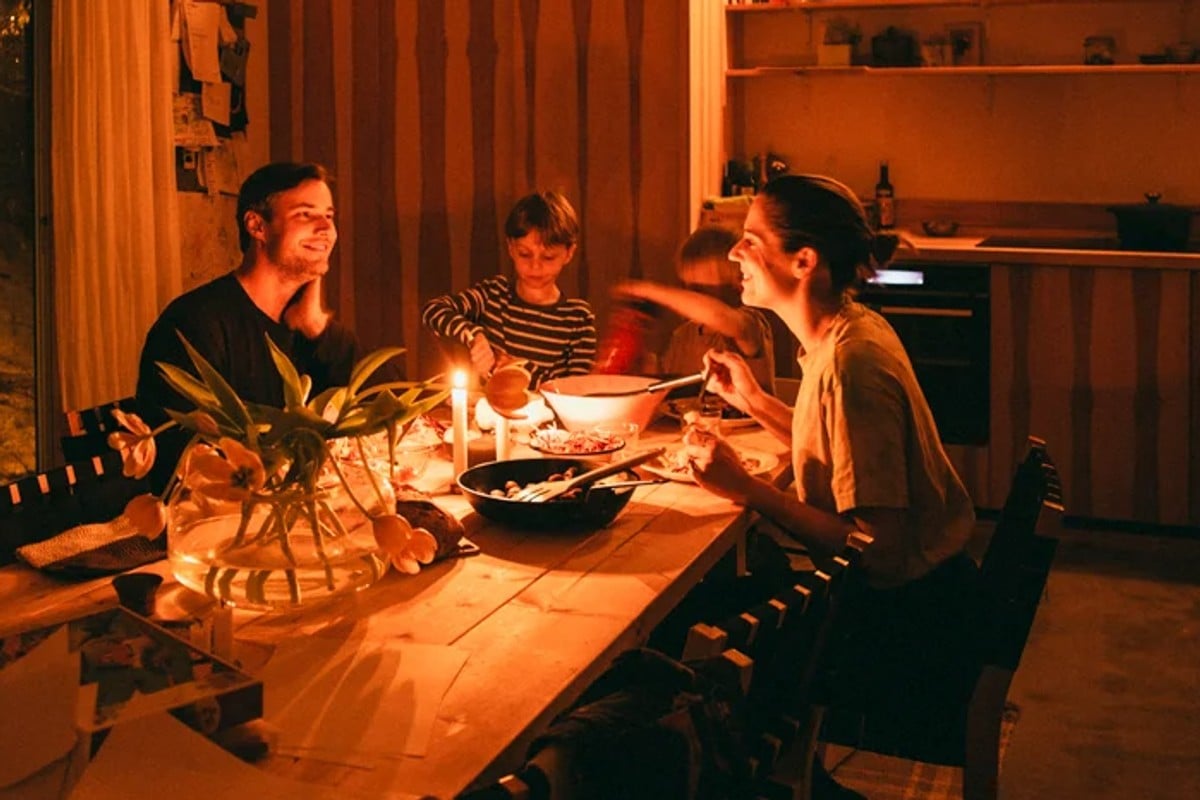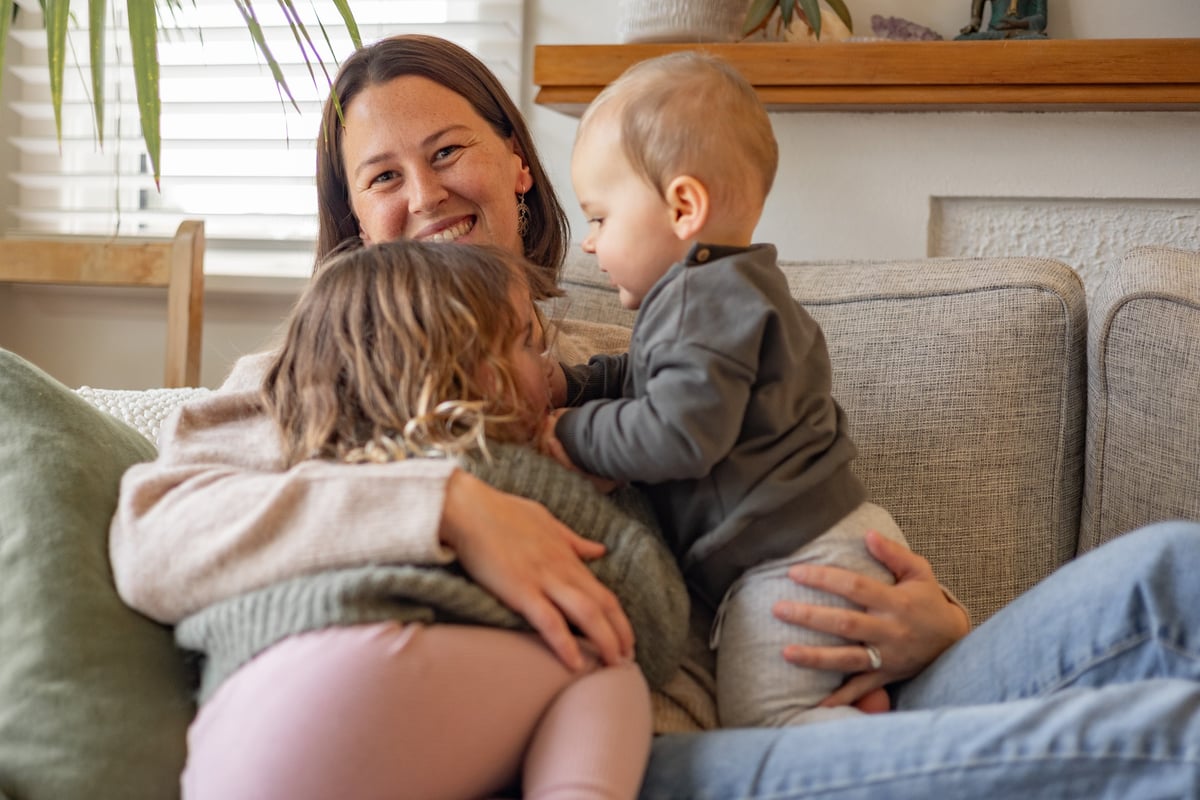
If you want to support independent women's media, become a Mamamia subscriber. Get an all-access pass to everything we make, including exclusive podcasts, articles, videos and our exercise app, MOVE.
Content warning: this story includes information about child abuse that may be distressing to some readers.
Australia's childcare sector is facing a reckoning.
Recent abuse allegations have prompted calls for nationwide reforms and have left parents grappling with an unthinkable reality: How do you protect a child from predators who hide in plain sight?
Listen: Australia's child care sector is reeling after child sex abuse allegations. Post continues below.
Prevention starts with conversation, says Victoria Barendsen, a New Zealand-based psychologist whose mission is to help parents prevent sexual abuse.
Barendsen told Mamamia it's important to teach a child the proper names for body parts from as young as possible.
No matter how uncomfortable the conversation may be.
"I did this with my children from birth and I highly recommend it," Barendsen said. "There are quite a few reasons behind it. Number one is about shame and stigma. I always say, 'if you can call an elbow an elbow, why would you call a vulva a fanny?' You're instantly setting this groundwork, or foundation, to a child that this is not a part of the body we talk about openly.





























































































